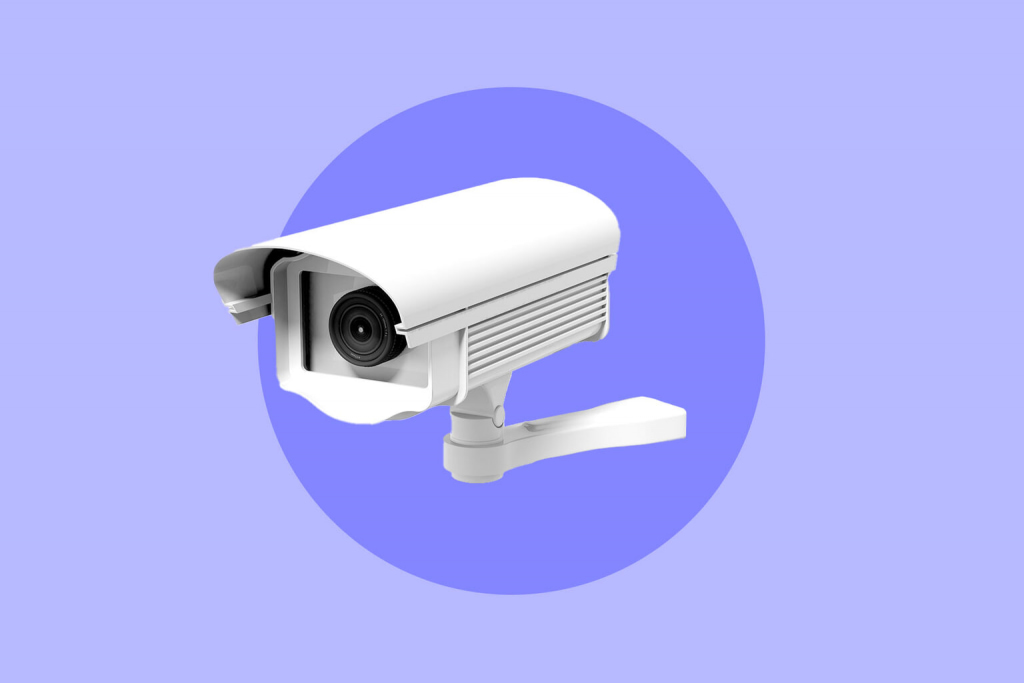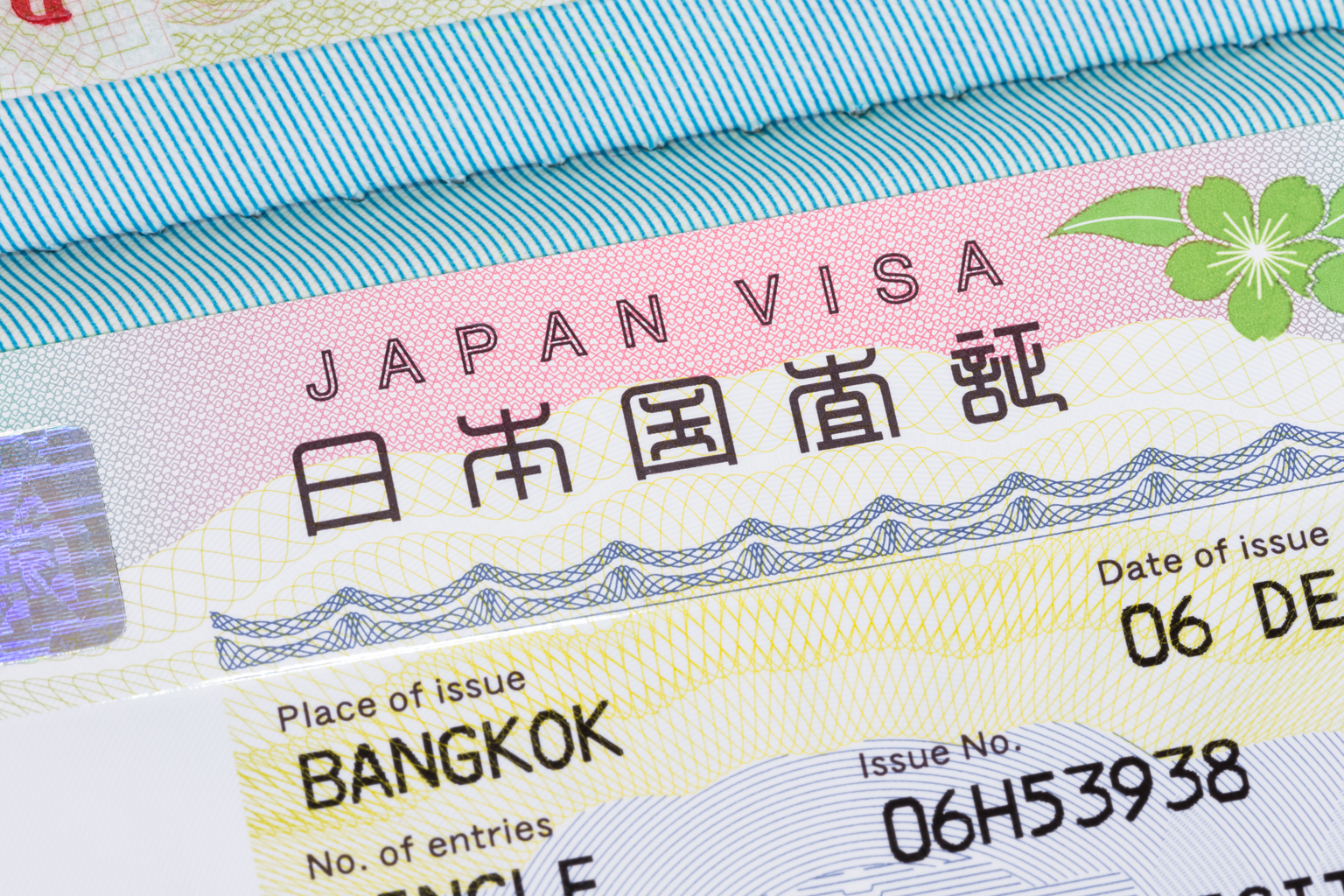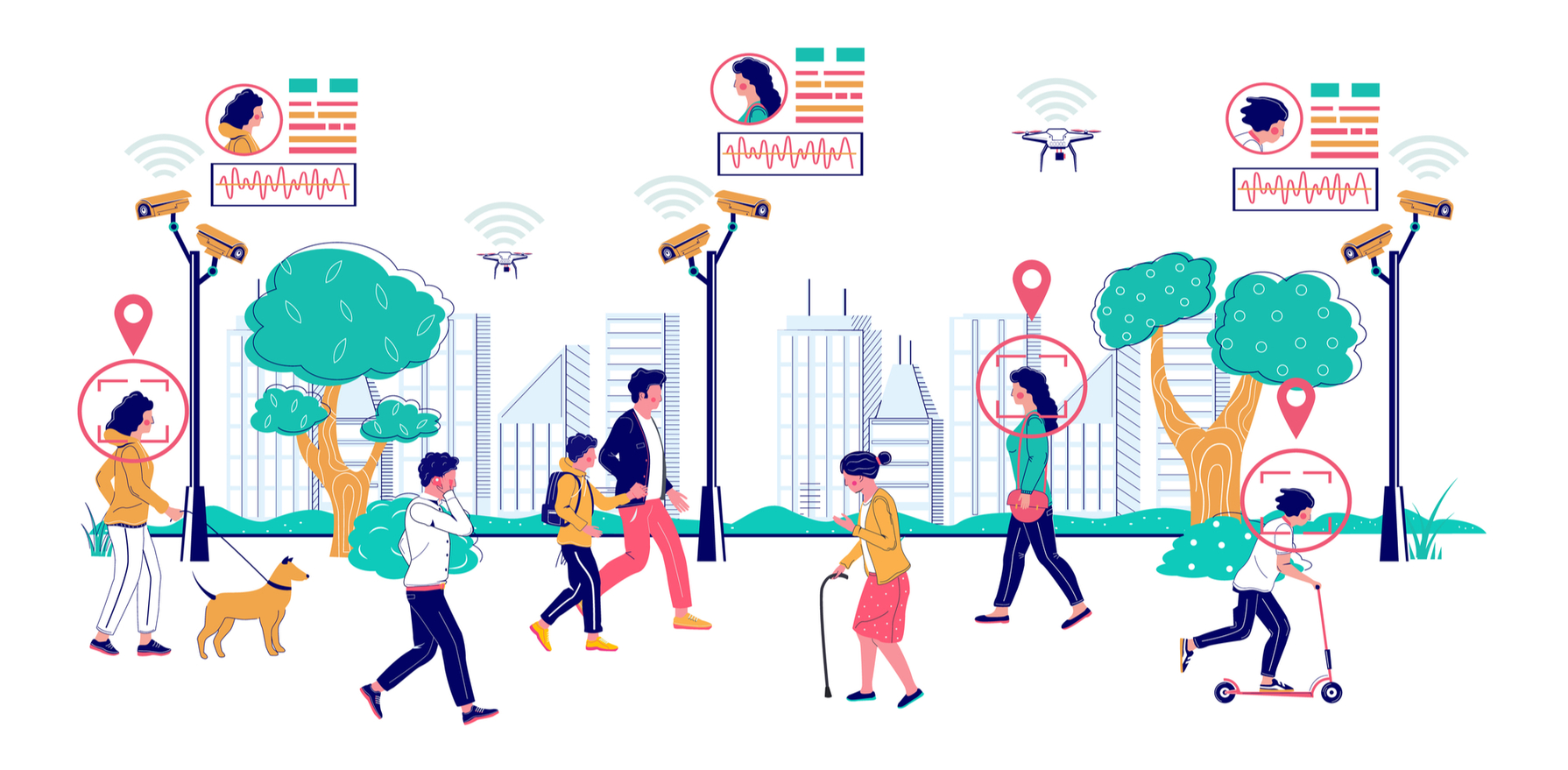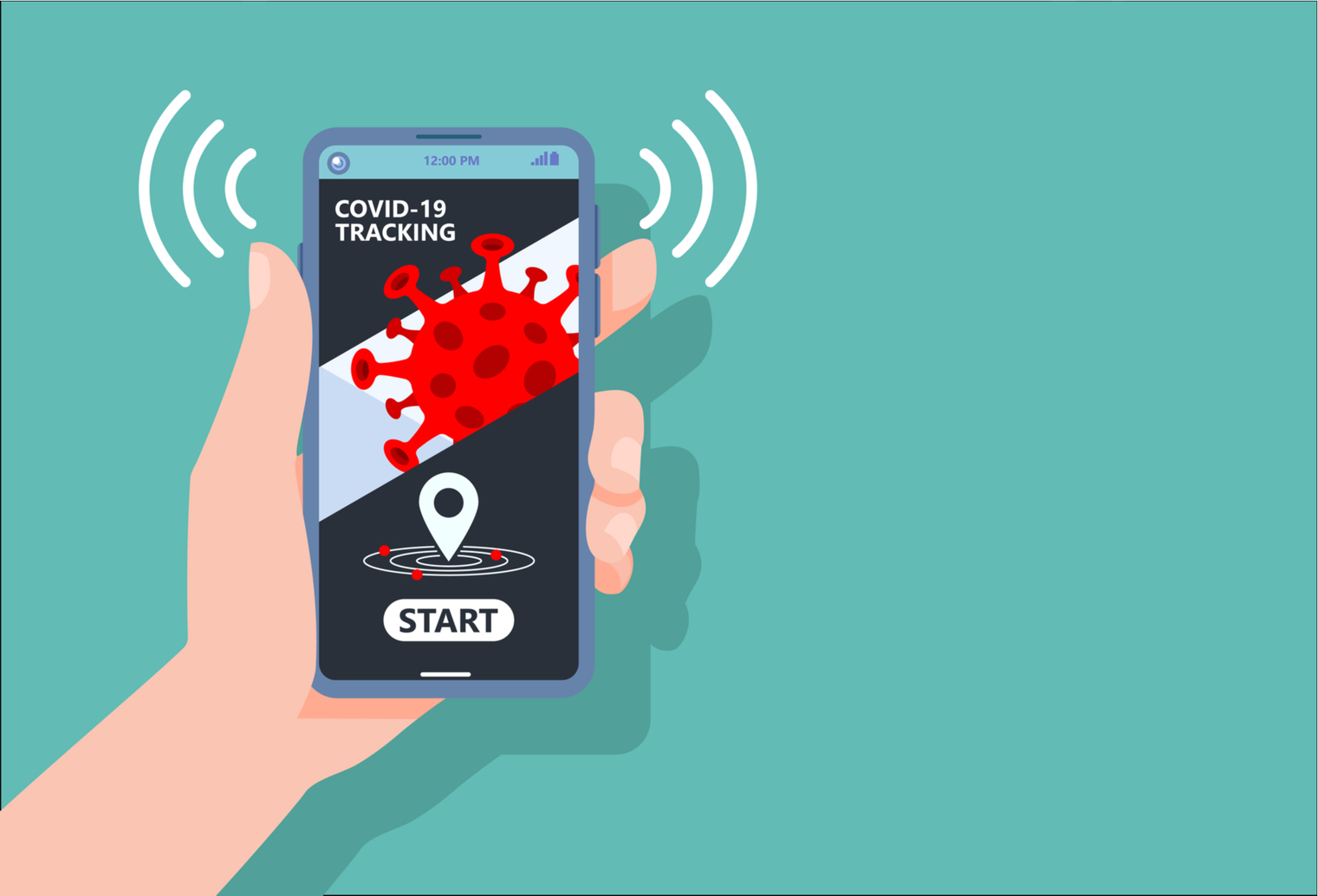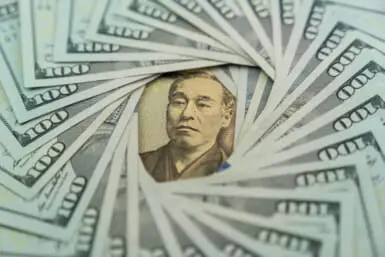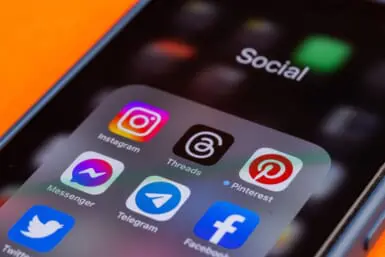When one foreign official recently had the gall to call Japan’s new border policies “flexible,” I presumed he had taken leave of his senses. Rather, the “eased” rules have saddled hopeful arrivals with a quagmire of paperwork, prohibitions, terms and conditions. All that to brute force their way through in order to arrive in a nation whose over-cautionary approach is sending it into dangerous social territory.
Making matters worse, the discovery of the new Omicron Covid-19 variant — which sounds and is being treated like a weapon of hellish design — has further confused the already labyrinthine protocols.
The New Immigration Rules
On November 5, Japan announced that vaccinated business travelers would be able to enter the country with a reduced quarantine period of three days, effective from November 8. After nearly two years of waxing and waning controls that left little room for accurate prediction, the announcement was greeted with immediate fanfare by the international business community. What followed, however, was a double monsoon on the long-awaited parade.
First of all: the rules. To be eligible for reduced quarantine, applicants needed to be from a country not on the Ministry of Foreign Affairs (MOFA) near-indecipherable Covid-19 high-risk list. Then they had to submit a series of documents to the relevant business ministry. These include an application form, a written pledge to abide by the rules, detailed plans of the individual’s whereabouts from days four through 10, and a subsequent behavior report filed by the employer. Some of these forms are, and I wish I were making this up, Microsoft Excel spreadsheets.
In September 52,367 Japanese tourists went out/in Japan. In September a max of 3500 X 30 days = 10500 people could enter Japan.
So at least HALF of the people who entered Japan in September were Japanese just going for tourism!https://t.co/9drKmPOu7k
Pointless #japantravelban— Davide Rossi – educationisnottourism.com (@rossi_davide) November 25, 2021
Foreign students, also permitted as of November 8, were thrown curveballs of their own. Applications were set to be prioritized based on when each student received their Certificate of Eligibility (COE) — a prerequisite for attaining a visa — if they had received one at all. This protracted the timeline further for many prospective students who upended their lives more than a year ago and have remained in limbo ever since.
Now the emergence of Omicron has caused the government to ban all new overseas entries, again. They also retightened the quarantine procedures for returning residents and citizens. All of them must isolate for 14 days upon arrival to Japan irrespective of vaccination status. The “temporary” ban took effect on November 30 and will last approximately one month. Though history suggests this is a wildly conservative estimate.
Tightening Surveillance
For new arrivals, when and if they are ever allowed in the bureaucratic mess requires enviable amounts of patience to sift through.
Some documents are in Japanese, others are in English. Some countries’ WHO-approved Covid-19 vaccines are accepted, others are not. Moreover, some forms of PCR tests are deemed effective, others not. Then there’s the migraine-inducing MOFA website whose sheer deluge of text makes L. Ron Hubbard look like a writer of concision and brevity.
Furthermore, the health ministry requires all arrivals to download a revolving-door list of apps on their smartphones. MySOS for “health updates,” COCOA for contact tracing and activating location services through Google Maps (or a similar application) are required. On the other hand, The Overseas Entrants Locator (OEL) app, the EAJ OSSMA Locator App, WhatsApp and LINE have since fallen out of favor.

Entrants must also sign a pledge agreeing to the relevant conditions. The health ministry states, “If you breach the pledge, your name and other information may be publicized. Foreign nationals may be subject to procedures for revocation of residence status and deportation under the Immigration Control Act.”
Here is where things take a darker turn.
Japan, 1984
In George Orwell’s 1984, telescreen devices were both the watched and the watcher. Our smartphones, loaded up with apps, are now essentially a pocket-sized version of this dystopian surveillance tool.
With the worldwide ubiquity of Google, internet cookies and social media algorithms, Shoshana Zuboff’s concept of “surveillance capitalism” — companies tracking and predicting our online movements for future profit and social engineering purposes — is all too familiar.
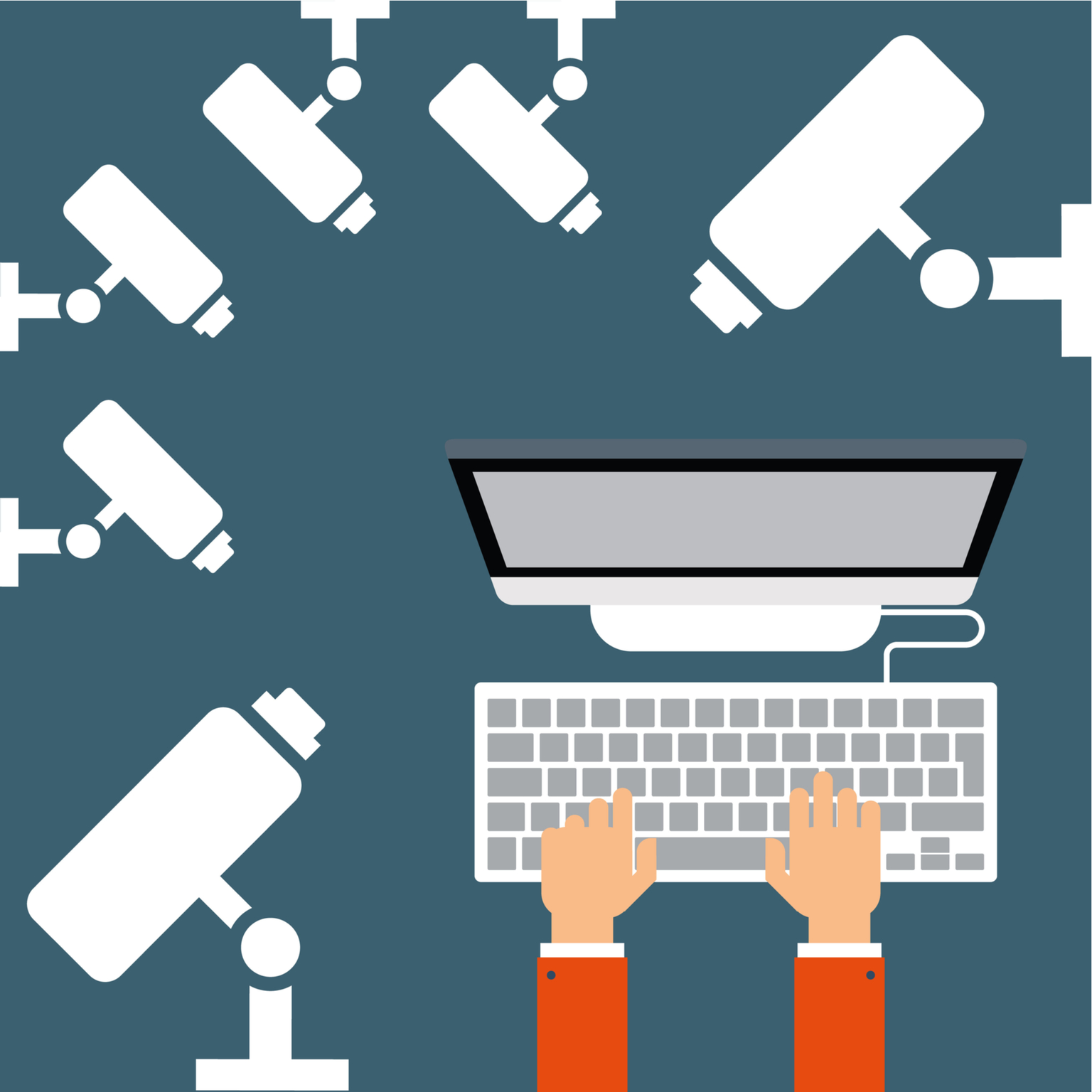
Japan, however, is enacting state surveillance on a scale that flies in the face of its prior adherence to protecting civil liberties throughout the pandemic. Remember Yoshihide Suga said lockdown measures “don’t really suit Japan.” The health ministry claims such invasive technology is “required for safeguard [sic] your health and preventing the spread of Covid-19.” But I am yet to be convinced of such altruism.
How does tracking a person’s location on Google keep them safe? Especially if the COCOA app, which claims it doesn’t collect location data, is designed to notify users in the event of a close Covid contact.
If an entrant is vaccinated and Covid-free, what’s the need to keep tabs on their hourly whereabouts for another week following mandatory quarantine?
How do behavior reports provide a safeguard after a person has left the country?
It’s a guilty-until-proven innocent approach, which is fundamentally anti-democratic.
Never mind that the MySOS app, designed to confirm the location of quarantined individuals, is riddled with bugs and a poorly designed user interface. Reviews are almost unanimously terrible, with numerous claims of users’ phones notifying them that they’ve broken their quarantines while they’re sitting in a hotel room.
Such ineptitudes would never fly in surveillance powerhouses like China and Singapore. But when states start to exercise such extraordinary powers, we’d be foolish to think they’ll relinquish them so easily. Especially in post-crisis times when, as social scientists have observed, the public is most likely to acquiesce to authoritarian policies.
The Pre-Pandemic Surveillance State Tendencies of Japan
Pre-pandemic, Japanese society was already more invasive than we tend to consider. The NEC Corporation, a major partner of Tokyo 2020, is the largest AI surveillance tech company outside of China. The government has also supported introducing a national ID system since the 1960s. This eventually led to My Number cards which have enabled a much more centralized data collection framework. The government is aiming for 100 percent uptake in these cards by 2023 and is reportedly introducing biometric facial recognition tools to the program.
Furthermore, Global Information Society Watch has been reporting on Japan’s bolstering of its surveillance capabilities for years. This included the 2013-approved State Secrets Protection Law which reinforced surveillance regulations.
It allows the government to withhold information if it’s deemed a matter of national security and stymies press freedoms through more punitive punishments for leaks and whistleblowers.
It is easy, and arguably disingenuous, to jump directly from a quarantine-location app to a smothering dystopia. But 1984 and other classics of dystopian literature are as much history and tales of prescience as they are works of fiction.
Much like Rome, surveillance states aren’t built in a day. But nor should the privacy-flouting actions of democratically elected governments be beyond reproach. Because if gone unchecked, we have clues as to where they might someday lead us.
Here are a few more frank op-eds about Japanese society to read:
Frankly: Nepotism is Built Into the Japanese Political System

